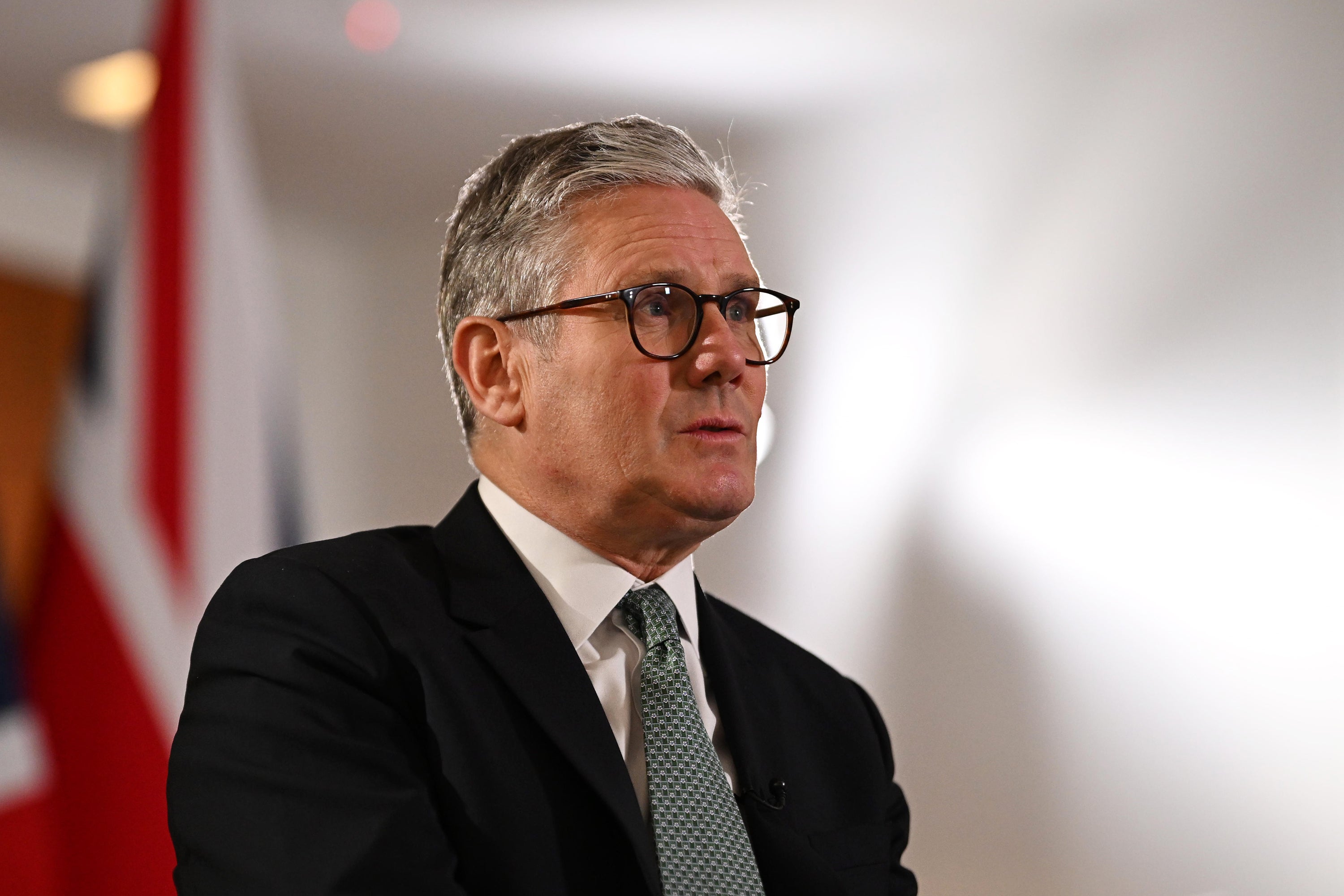Can Keir Starmer’s speech to the UN put Britain back on the world stage?
As the prime minister prepares to address the gathering of delegates from around the world, Sean O’Grady looks at how his predecessors have risen – or not – to the challenge


The prime minister addresses the UN General Assembly at a time when wars in Ukraine, the Middle East and Sudan (among many such tragedies) have pushed the organisation to its limits, and have left international diplomacy seeming virtually irrelevant. For his part, Keir Starmer will seek to emphasise why the global nature of the problems every country faces demands an international approach and international action.
After the chaos and confusion of recent years, Starmer is also keen to project a new image of a stable Britain committed to playing its part in the world, just as Winston Churchill, a driving force in the foundation of the UN almost 80 years ago, wished it to be.
What’s Starmer’s message?
Both the prime minister and the foreign secretary, David Lammy, have already made powerful contributions at the UN Security Council, on which the UK sits as a permanent member. In terms of immediate priorities, Starmer made a plea for an immediate ceasefire between Israel and Lebanese Hezbollah, because the region is “on the brink”. (He has already called for a similar cessation of hostilities in Gaza.)
Lammy made an especially personal and powerful appeal for Russia to end its war of aggression in Ukraine – an example of the type of conflict that the creation of the UN was supposed to end: “I say to the Russian representative, on his phone as I speak, that I stand here also as a Black man, whose ancestors were taken in chains from Africa, at the barrel of a gun, to be enslaved.”
Is this a new beginning for British diplomacy?
Yes, in the sense that it’s a clear break from the Conservatives, whose divisions and confusions – and above all, Brexit – diminished the UK’s voice in the world. Rishi Sunak did try to repair some of the damage wreaked on the UK’s reputation by Boris Johnson and Liz Truss, but his complacency about the climate crisis and the concept of inviolable universal human rights were also marks of some shame for his administration.
Aside from reiterating policy on Ukraine and the Middle East, Starmer is keen to show that the UK is returning to “responsible global leadership”, as it is in British interests to address problems around the world: “War, poverty and climate change all rebound on us at home. They make us less secure, they harm our economy, and they create migration flows on an unprecedented scale.”
What was the low point?
Undoubtedly the address delivered by Johnson on behalf of the United Kingdom to the General Assembly in 2021, when the then prime minister quoted Kermit the Frog and Sophocles to the bemused delegates of countries from Antigua to Zimbabwe: “When Kermit the Frog sang ‘It’s Not Easy Being Green’, I want you to know he was wrong – and he was also unnecessarily rude to Miss Piggy. We have the technology; we have the choice before us.” A serious point, and he did win some publicity for it, but also some derision.
How about a highlight?
As the first British prime minister to hold a science degree, Margaret Thatcher spoke with enhanced authority on the issue of global warming and climate change, and helped bring some attention to the issue in her address to the General Assembly in 1989. Her influence helped establish the first “Earth Summit” in Rio in 1992.
Her words were prescient: “While the conventional, political dangers – the threat of global annihilation, the fact of regional war – appear to be receding, we have all recently become aware of another insidious danger. It is as menacing in its way as those more accustomed perils with which international diplomacy has concerned itself for centuries. It is the prospect of irretrievable damage to the atmosphere, to the oceans, to Earth itself,” she said.
“What we are now doing to the world, by degrading the land surfaces, by polluting the waters, and by adding greenhouse gases to the air at an unprecedented rate – all this is new in the experience of the Earth. It is mankind and his activities which are changing the environment of our planet in damaging and dangerous ways.”
Prior to that, the most memorable British “moment” came in 1960. The British Conservative prime minister, Harold Macmillan, at the height of his power, was making a somewhat self-satisfied speech about decolonisation when Nikita Khrushchev, the excitable Soviet leader, began banging on the desk with his shoe. Macmillan paused, and asked quietly: “Mr President, perhaps we could have a translation? I could not quite follow.”
No doubt Starmer won’t be subjected to that sort of interruption; it’s not the Labour conference, after all.



Join our commenting forum
Join thought-provoking conversations, follow other Independent readers and see their replies
Comments